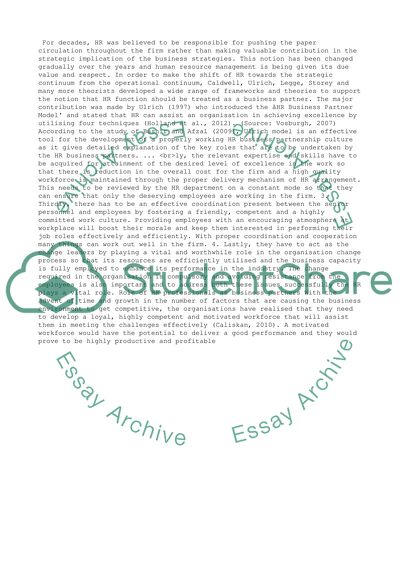Cite this document
(“Human Resource Management (HRM) in Context Essay”, n.d.)
Human Resource Management (HRM) in Context Essay. Retrieved from https://studentshare.org/business/1403896-human-resource-management-in-context
Human Resource Management (HRM) in Context Essay. Retrieved from https://studentshare.org/business/1403896-human-resource-management-in-context
(Human Resource Management (HRM) in Context Essay)
Human Resource Management (HRM) in Context Essay. https://studentshare.org/business/1403896-human-resource-management-in-context.
Human Resource Management (HRM) in Context Essay. https://studentshare.org/business/1403896-human-resource-management-in-context.
“Human Resource Management (HRM) in Context Essay”, n.d. https://studentshare.org/business/1403896-human-resource-management-in-context.


